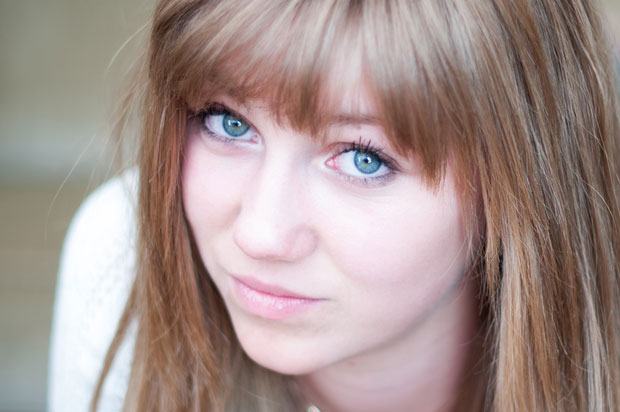Surviving the move to adult mental health services
Diagnosed with bipolar disorder at 17, discharged from the NHS at 18, re-diagnosed at 23 – Georgia’s move to adult mental health services was a disaster. She describes how she eventually got the condition under control.
True Stories

Leaving CAMHS wasn't easy, but now Georgia's getting the right support
At 18 lots of things happen to you. You get to ditch your fake ID; you might go to university, or even get married…
…And if you’ve got a mental health problem, you suddenly get moved to adult NHS services. I had been diagnosed with bipolar disorder at 17 and was used to seeing a psychiatrist through the Child and Adolescent Mental Health Services (CAMHS) regularly. However, on the day of my 18th birthday there was an assumption I became an adult overnight. But life doesn’t really work like that; nobody wakes up one morning a completely different person to the one they were the night before.
After a single short consultation in adult services, I received a letter saying I was being discharged from the NHS completely. Not only was I now a ‘grown-up’, my diagnosis had been removed too – I was officially not bipolar.
My moods became more extreme
When I look back, I can see that my teenage years were extremely chaotic, and yet I still had a misguided hope that my adult life would be simpler. When you do something out of character as a teenager it’s often put down to immaturity. I quite liked this idea, that everything I had been through so far was simply a side-effect of being young.
It’s like there’s an assumption that you become an adult overnight.
But throughout the years after I was discharged from CAMHS my moods became more extreme and cyclical. It wasn’t until I lived with other students my age at university that I realised just how unusual, and sometimes dangerous, they were. During the better times I was the life and soul of the party, hard-working, enterprising, and holding down various jobs. During the worst and most terrifying times, I did not want to live a second longer.
When a friend sat down with me and expressed her concerns, I couldn’t ignore it any more. I was 21 and reluctant to ask for help again – I felt guilty for not being better. Luckily my GP was extremely helpful when I explained just how bad my depression had been, and they’ve been a close ally in my recovery since. It would be great if my story ended here – unfortunately it doesn’t.
Instead, I tried self-help
Over the next two years I had a tour around local services. After being put on antidepressants I had a consultation at a depression and anxiety centre, but was told I didn’t fit their criteria. They referred me to the Community Mental Health Team, who concluded I was lucky to have a strong support system of friends, family, and the ability to work, so discharged me from NHS services. Again.
Desperate to get better, I continued to take my antidepressants religiously, undertook a course of mindfulness, and went to counselling sessions at university. But after an extreme episode, I was sent back to the Community Mental Health Team. It was exactly a year after my first meeting with them. They referred me to a psychiatrist who told me that I did have bipolar disorder after all, and that the antidepressants had, in fact, been exacerbating my symptoms.
I ended up in a psychiatric hospital
It was a rocky road (without the marshmallows, sadly). I actually ended up in a psychiatric hospital during another episode. I sometimes wonder how different these past few years might’ve been if I hadn’t been discharged from NHS services when I turned 18. The transition between being a teenager and an adult is complicated enough, without attempting to navigate the web of adult psychiatric services.
My experiences should not put anyone off seeking help though. Since getting the right support, my moods are much more controlled, and my life is stable and happy. Friends and family were very supportive when I ‘came out’ about my illness, and the more open I’ve been, the more people I’ve met with similar experiences. Regardless of age, everyone should have the opportunity to be heard and be provided with appropriate and accessible care.
You can read more about living with bipolar disorder on Georgia’s blog.
Next Steps
- Mind offers advice and support to people with mental health problems. Their helpline runs nine to six from Monday to Friday. 0300 123 3393
- SANE offers support and information to people affected by mental illness. Call their helpline on 0300 304 7000, open 4:30pm - 10:30pm every day.
- Chat about this subject on our Discussion Boards.
By Georgia
Updated on 29-Sep-2015
Photo posed by model from Shutterstock
No featured article










